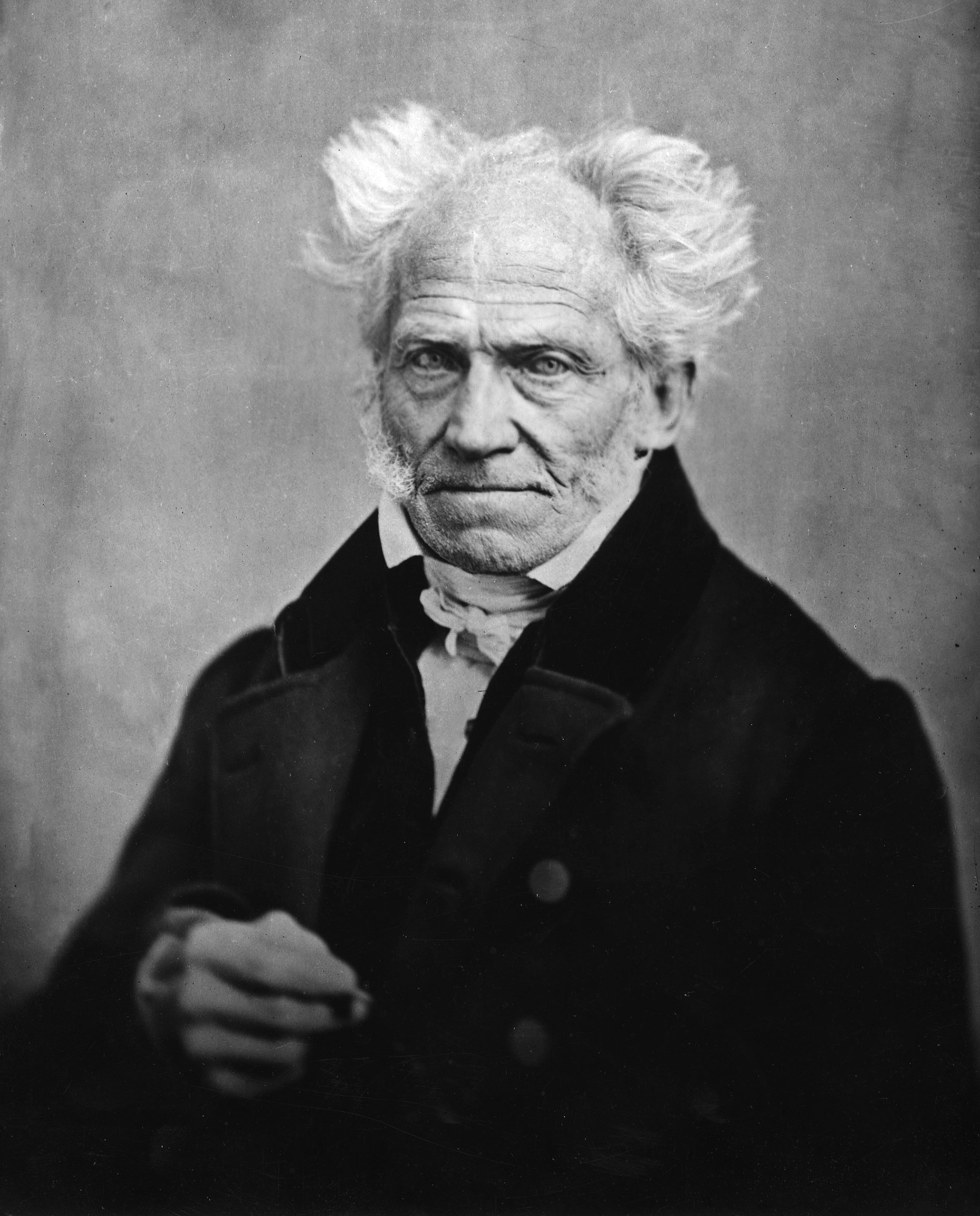
Essays and Aphorisms
1851
First Published
4.17
Average Rating
240
Number of Pages
One of the greatest philosophers of the nineteenth century, Schopenhauer believed that human action is determined not by reason but by 'will' - the blind and irrational desire for physical existence. This selection of his writings on religion, ethics, politics, women and many other themes is taken from Schopenhauer's last work, Parerga and Paralipomena, which he published in 1851. He depicts humanity as locked in a struggle beyond good and evil, each individual absolutely free within a Godless world in which art, morality and self-awareness are our only salvation. This innovative and pessimistic view proved powerfully influential upon philosophy and art, affecting the work of Nietzsche and Wittgenstein among others.
Avg Rating
4.17
Number of Ratings
8,969
5 STARS
44%
4 STARS
35%
3 STARS
16%
2 STARS
3%
1 STARS
2%
goodreads
Author

Arthur Schopenhauer
Author · 90 books
Arthur Schopenhauer was born in the city of Danzig (then part of the Polish–Lithuanian Commonwealth; present day Gdańsk, Poland) and was a German philosopher best known for his work The World as Will and Representation. Schopenhauer attempted to make his career as an academic by correcting and expanding Immanuel Kant's philosophy concerning the way in which we experience the world. He was the son of author Johanna Schopenhauer and the older brother of Adele Schopenhauer.